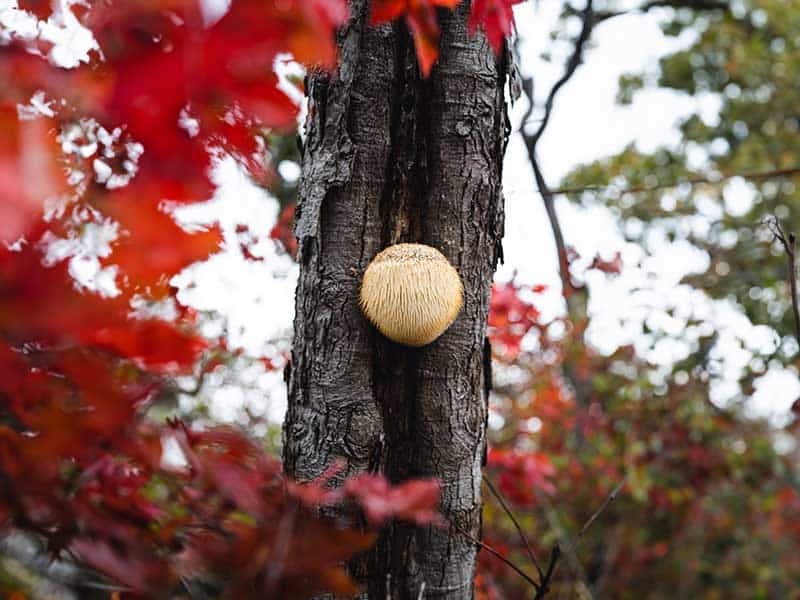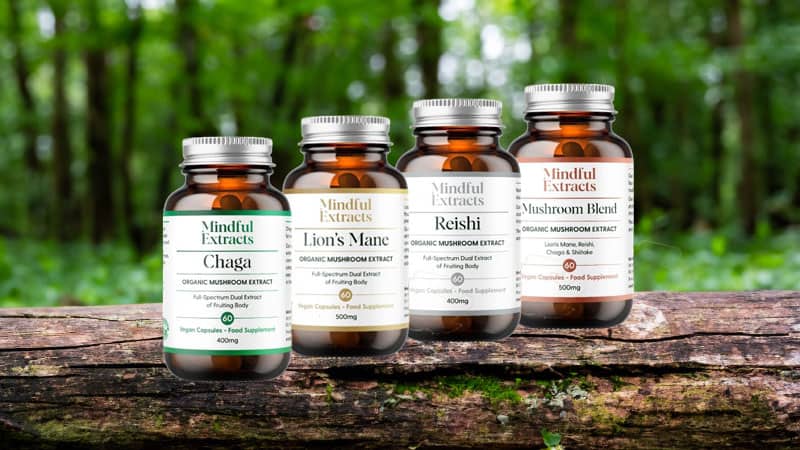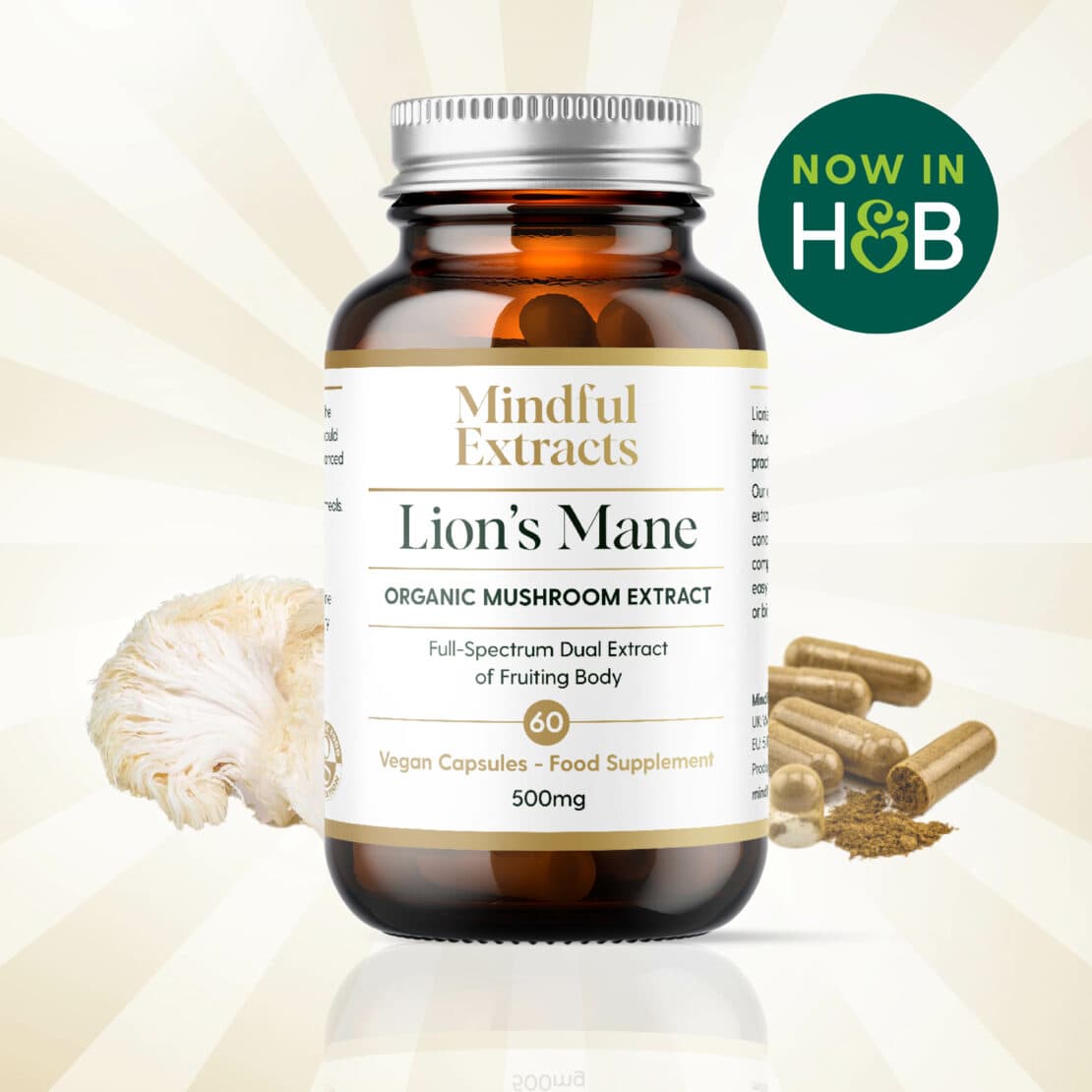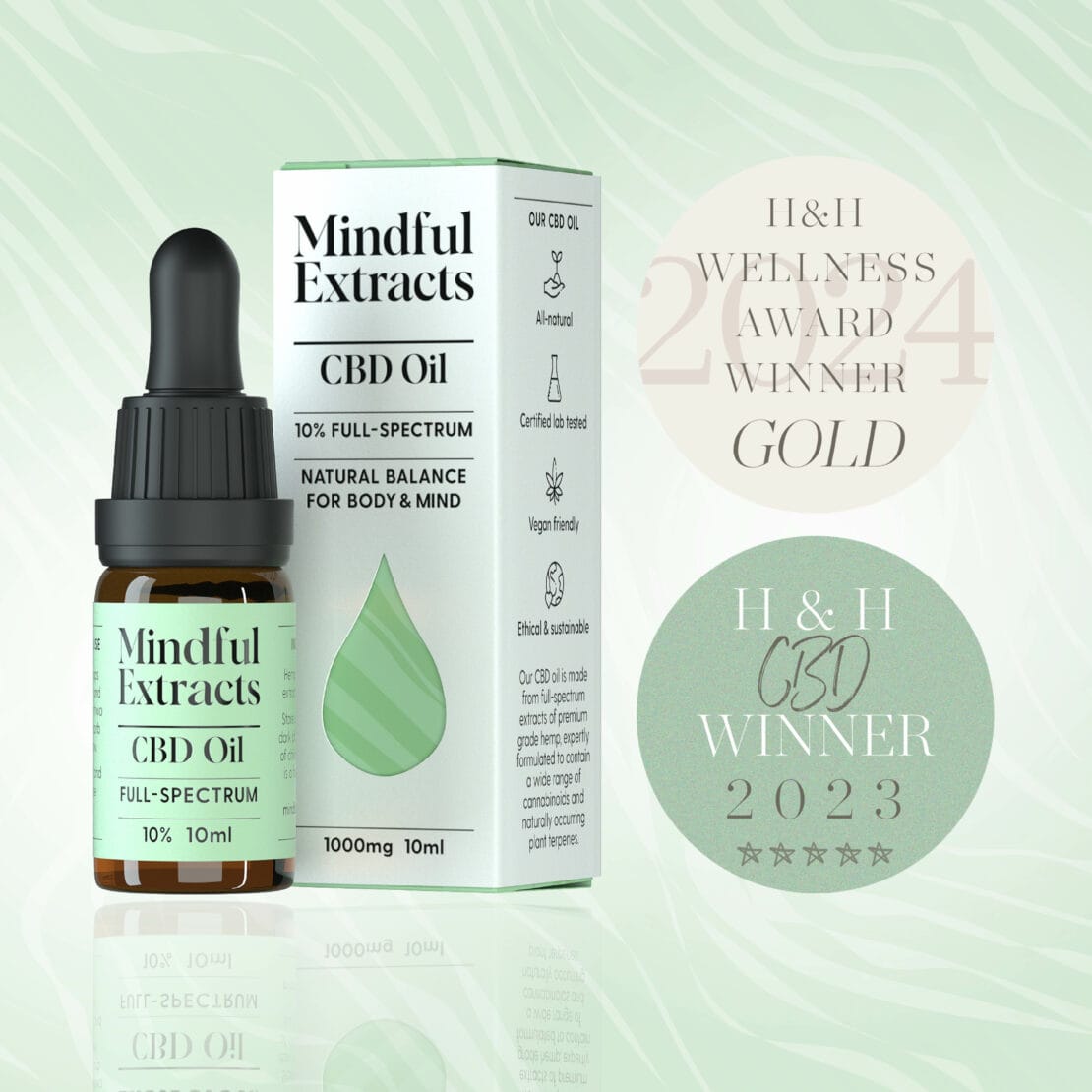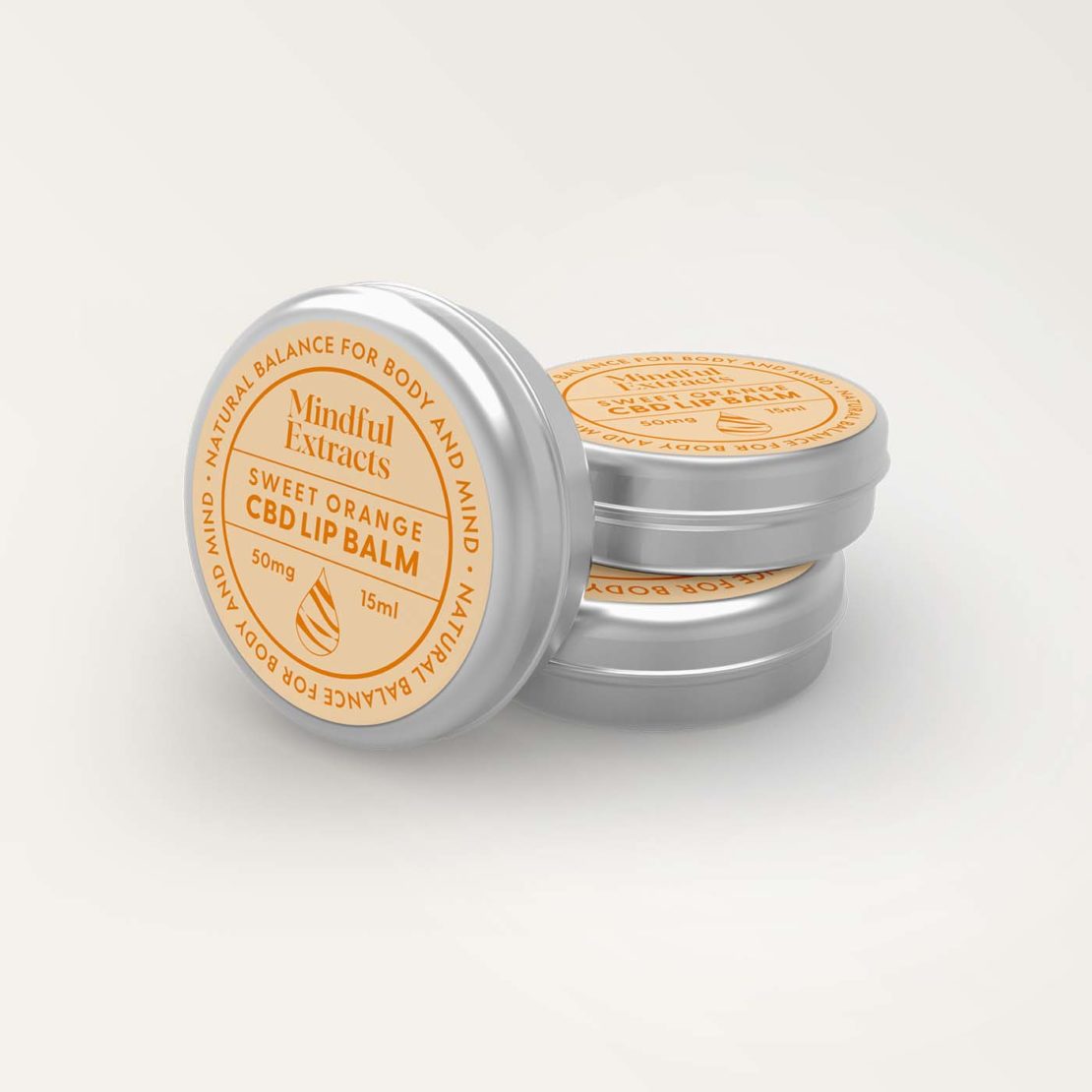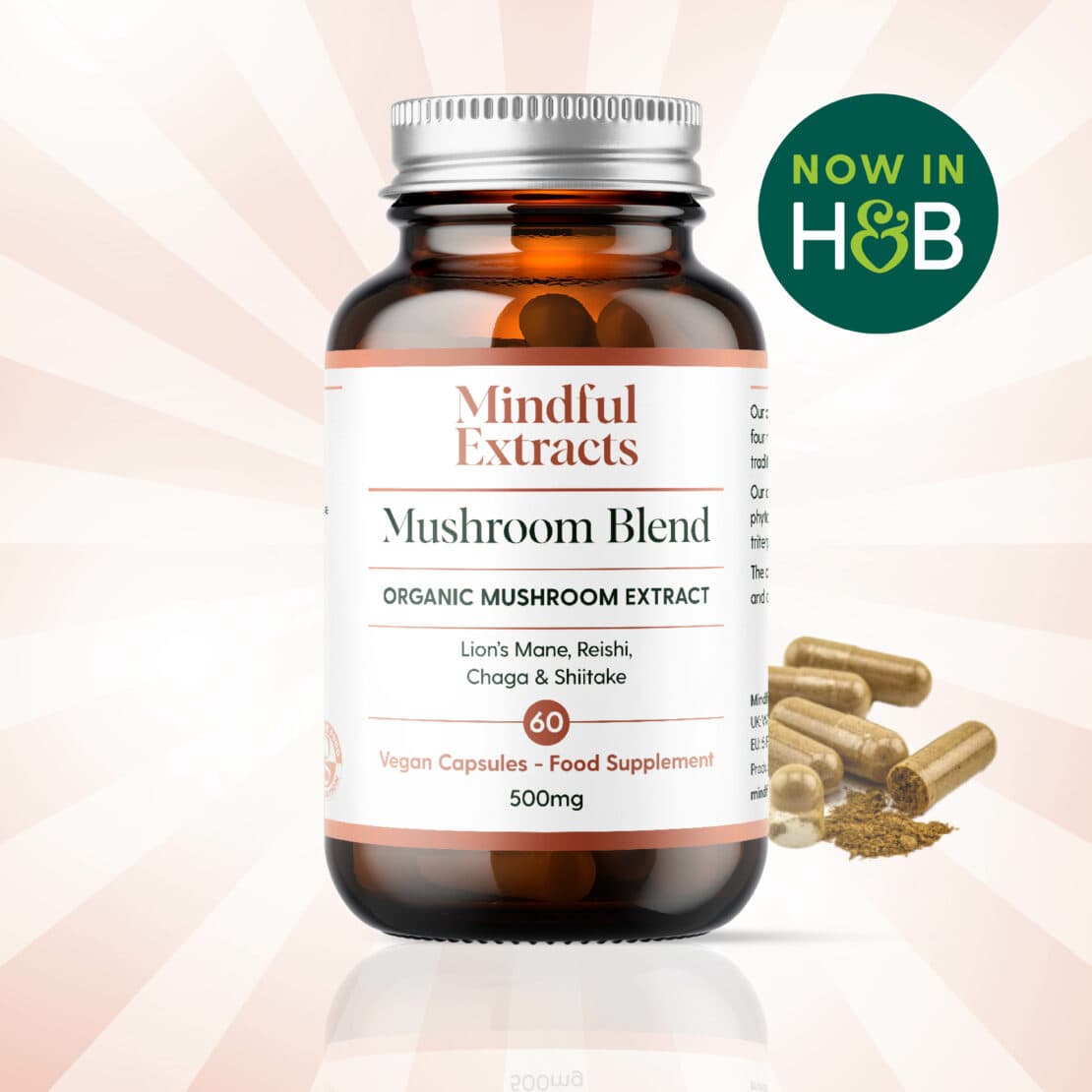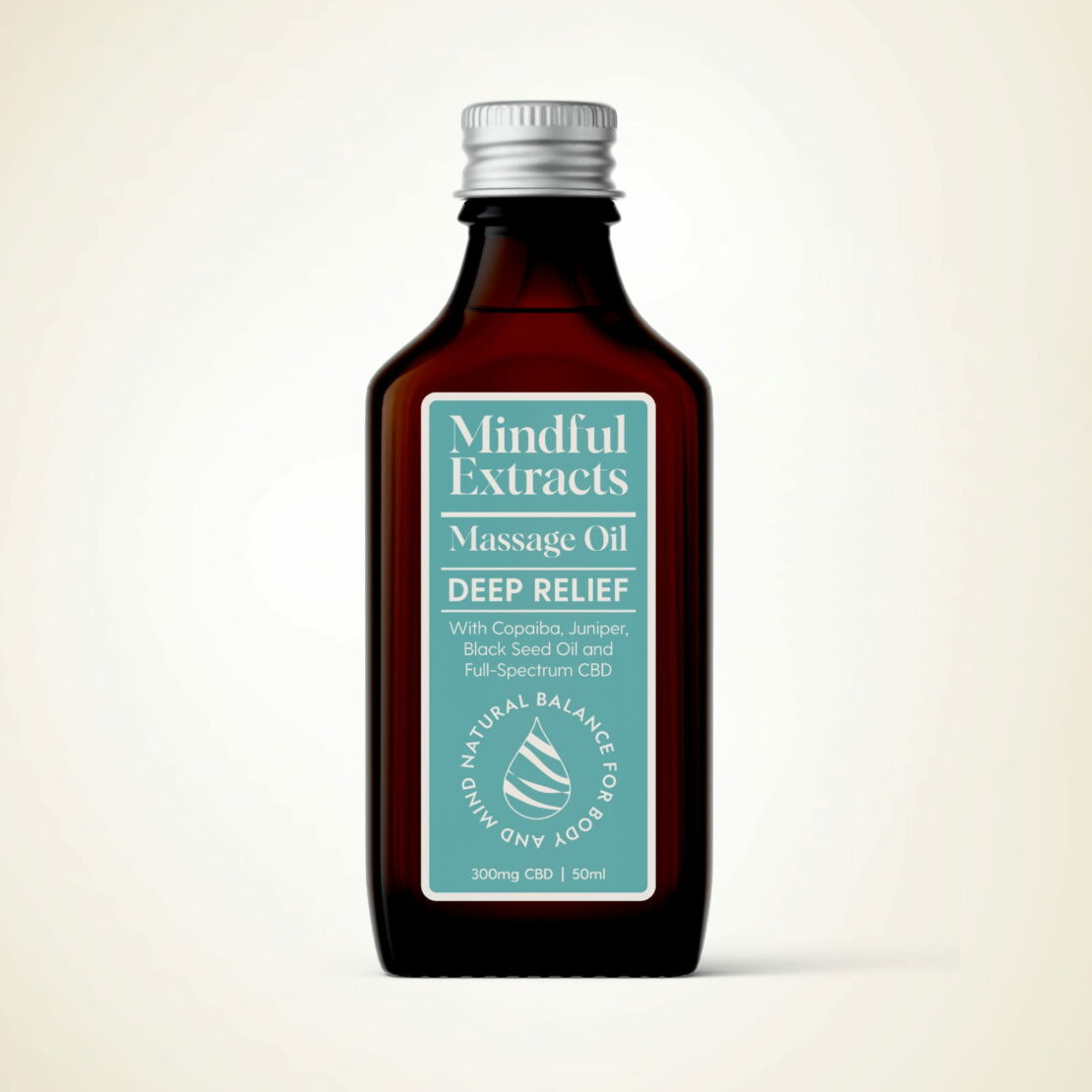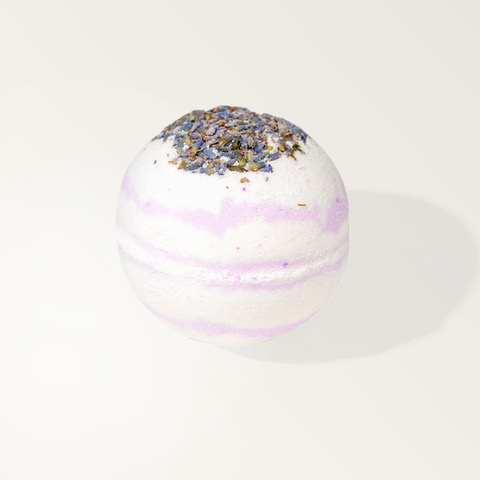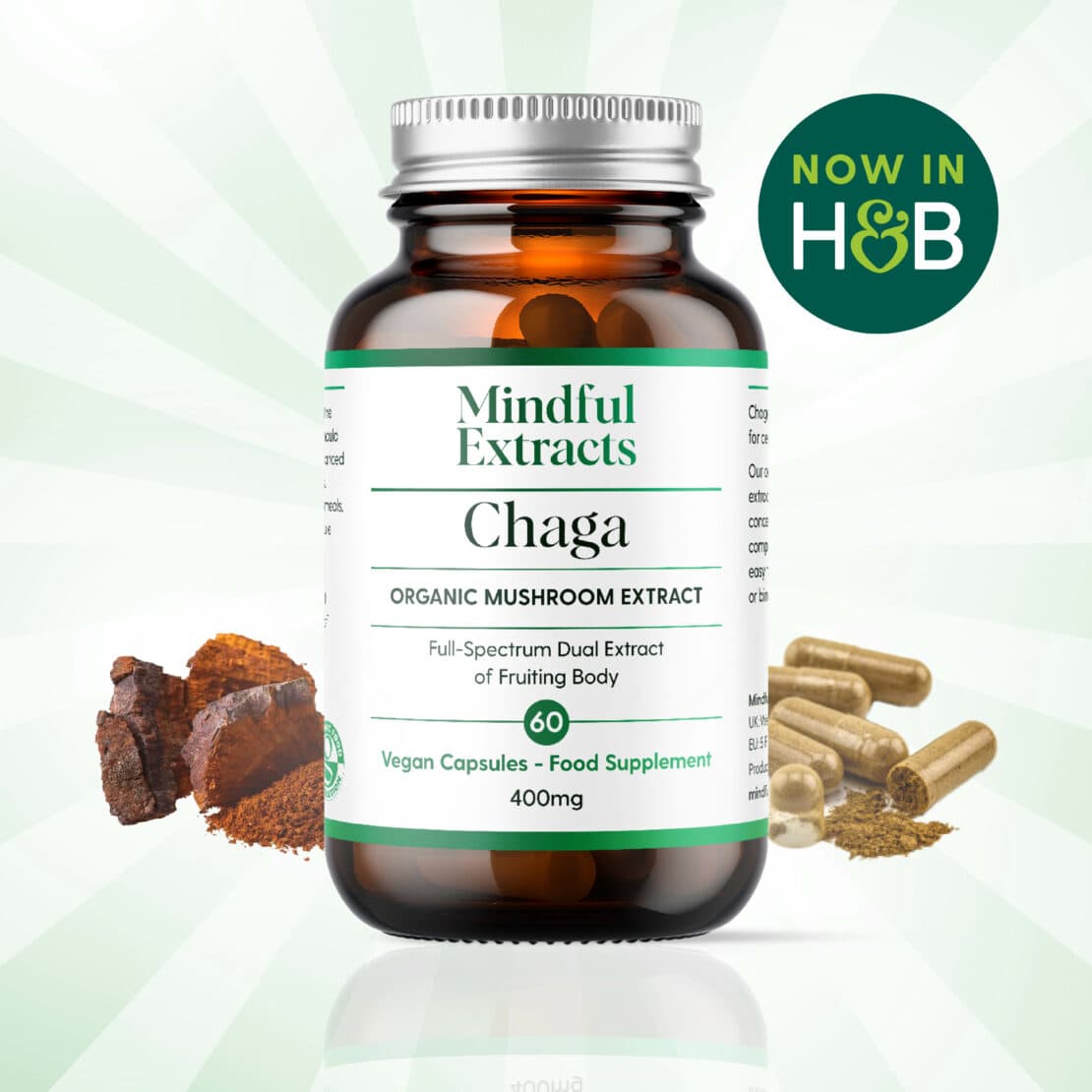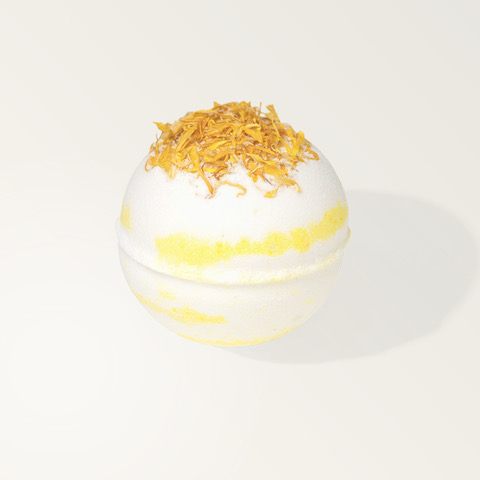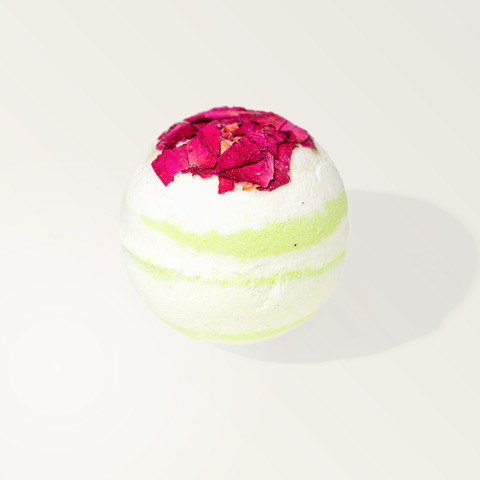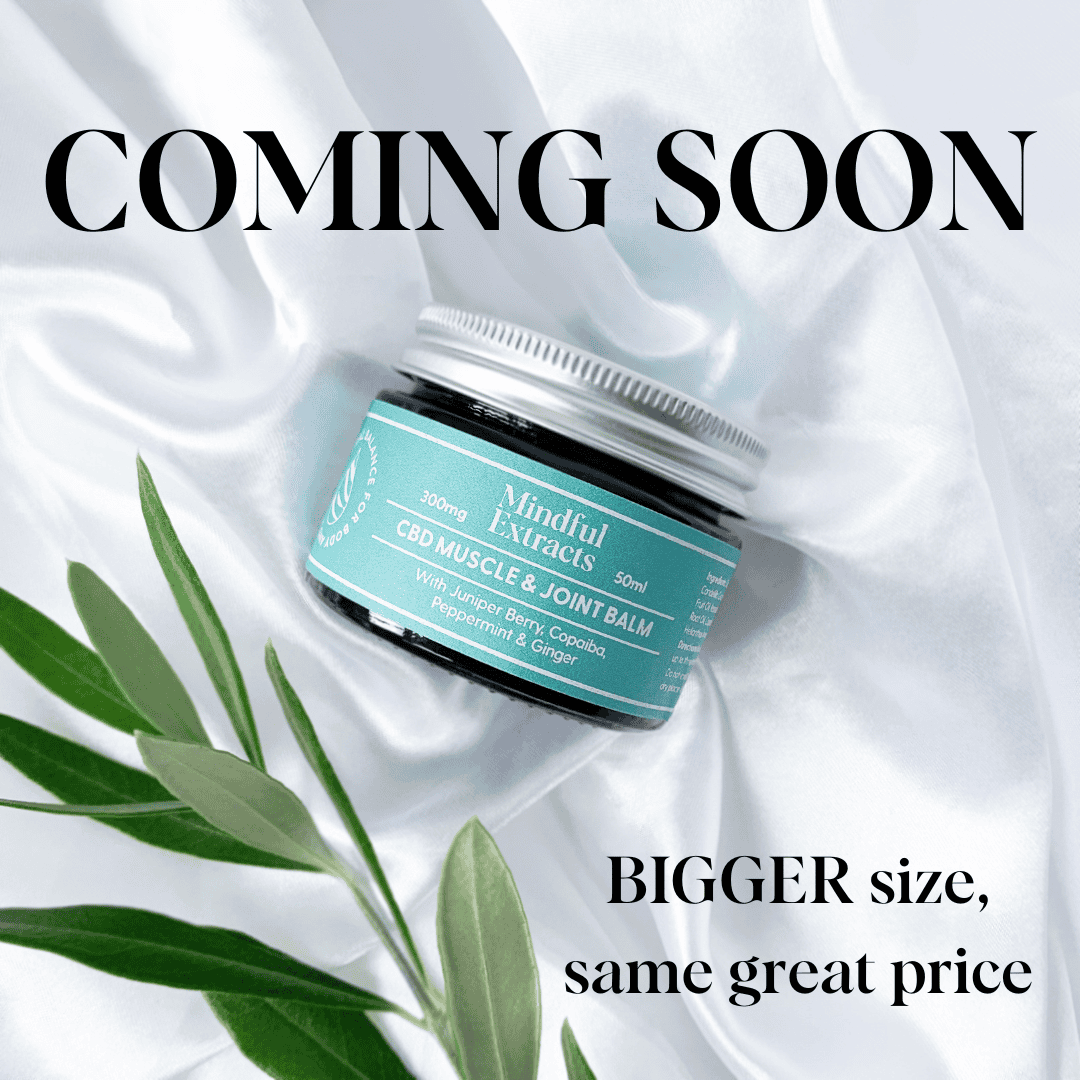You may know Lion’s Mane as a mushroom with a unique appearance resembling the majestic mane of a lion. Or you may have used it already in your cooking (most people say it tastes like crab or lobster).
A lot is being said these days about the health benefits of Lion’s Mane too. Whether it’s consumed as food or taken as a functional mushroom supplement. Our organic Lion’s Mane capsules are an example of the latter – and with no preparation required or seafood flavour either, if that’s not to your taste!
However, Lion’s Mane as a health supplement is certainly not new: it has been prescribed by Chinese practitioners since at least the 15th century for gastrointestinal problems and neurological conditions.
So why has interest in Lion’s Mane grown so much over the past few years? Every news feed seems filled with articles and the latest scientific research about the health benefits of consuming this spiny-looking fungus as a supplement.
I believe this extensive media coverage is due to people being more mindful of what they consume and its impact on our health, general wellbeing, and the planet.
So if you’re starting your journey into Lion’s Mane, my top 5 things about Lion’s Mane that you may not (or may) know are listed below.
1 – It looks like a lion, but it’s named after a hedgehog
OK, so not such a majestic namesake after all, but cute! The Latin name for Lion’s Mane is hericium erinaceus. Hericium is the genus (a classification) and a derivation of hericius, which means hedgehog.
2 – Lion’s Mane is a saprotrophic ‘recycler’
Saprotrophic fungi are mushrooms that feed on dead or decaying organic material, usually trees. The white rot fungus of Lion’s Mane breaks down the plant material and contributes to the recycling of essential nutrients in our ecosystem – nature’s little cleaners!
3 – Lion’s Mane is just the tip of the ‘iceberg’
Common to all fungi, their growth is dependent on their mycelium. Mycelium is the network of thread-like structures (hyphae) that grow underground or within the substrate in which the mushroom is growing. This hyphae network absorbs the nutrients from the environment and allows the mushroom’s fruiting body to grow.
Mycelium can stretch from just a few square centimetres to structures that cover huge areas. The largest known mycelium network (honey fungus) is in Oregon and covers a whopping 965 hectares!
Though mycelium and the fruiting body (the part we typically think of as the mushroom) are part of the same organism, they have different concentrations of bioactive compounds. This means that supplements made from just mycelium, or a mix of mycelium and the fruiting body, will have different properties to those made from only the fruiting body. Our organic Lion’s Mane capsule only contain the fruiting body of the mushroom in order to maximise the bioactive compounds, including terpenes and beta-glucans.
4 – Lion’s Mane is a nootropic
Nootropics are substances believed to improve cognitive functions and are sometimes called cognitive enhancers. Nootropic is derived from two ancient Greek words: ‘nóos’ meaning ‘mind‘ and ‘tropḗ’ meaning ‘turning‘.
Besides Lion’s Mane, caffeine is the most well-known substance classified as a nootropic. Caffeine blocks adenosine receptors in the brain, increasing alertness and reducing the perception of fatigue.
5 – Lion’s Mane may improve brain cell growth and memory
The nootropic compounds in Lion’s Mane (hericenones and erinacines) are thought to stimulate the production of nerve growth factor (NGF). NGF is a protein that promotes nerve cells’ growth and normal function.
In fact, during pre-clinical trials, a team of researchers found that the bioactive compounds from Lion’s Mane could help regulate the growth of neurons and improve memory formation. The study’s co-author believes that Lion’s Mane could “treat and protect against neurodegenerative cognitive disorders such as Alzheimer’s disease.”
Most scientific findings so far are based on in-vitro or animal studies, so it is too early to prove the degree of the health benefits of Lion’s Mane – but it does show promise.
And the anecdotal experiences of our Lion’s Mane customers from a recent survey show that they feel that Lion’s Mane has improved their memory and focus. In fact, 57% of those surveyed claimed they noticed improvements after the first 5 days of taking our supplement.
Keep well,
Donal
Disclaimer: We do our best to research and fact-check all the content presented in this article. However, it is provided only for information and guidance; it is not intended as a substitute for professional medical advice. Therefore, you should always contact your GP or other healthcare professionals if you have concerns about any medical condition.
 Free Delivery on all orders over £40
Free Delivery on all orders over £40 
